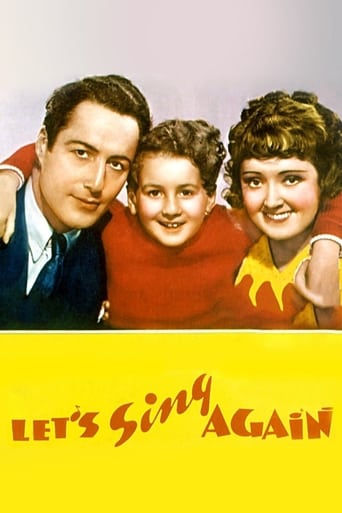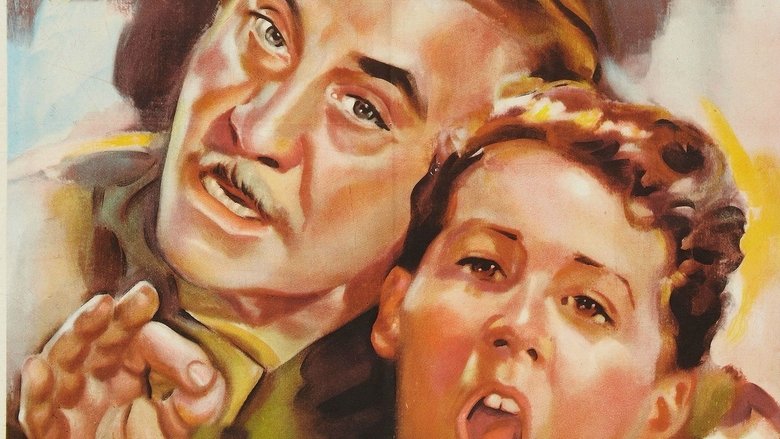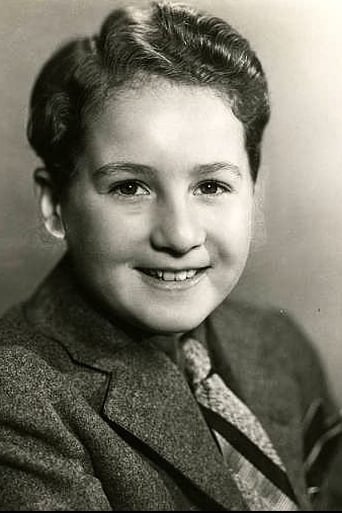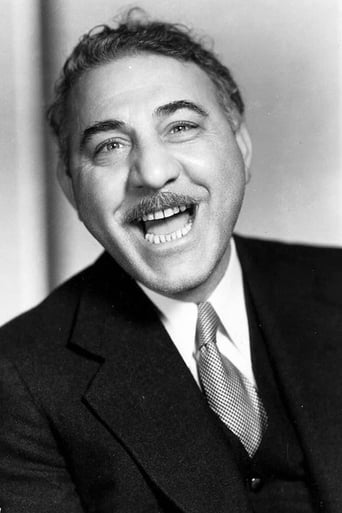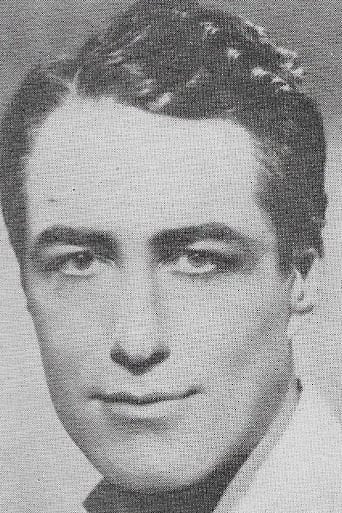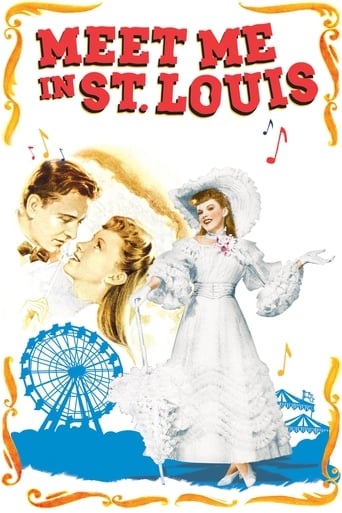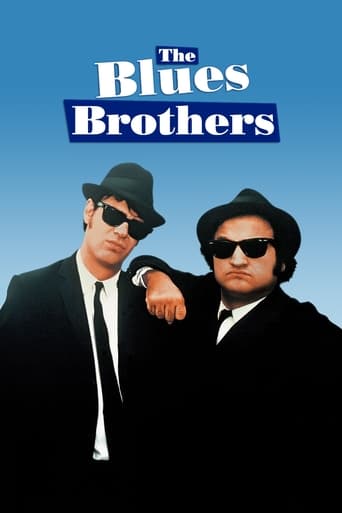Let's Sing Again (1936)
An orphan (Eight-year-old boy soprano Bobby Breen) gets a chance to sing opera in New York.
Watch Trailer
Cast
Similar titles

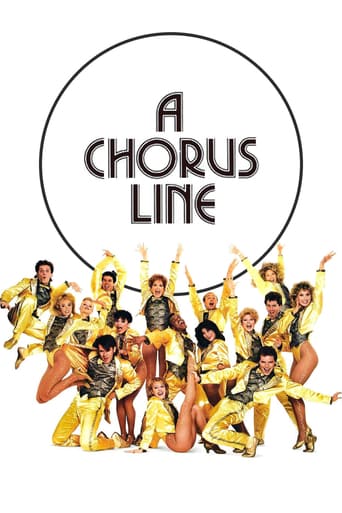
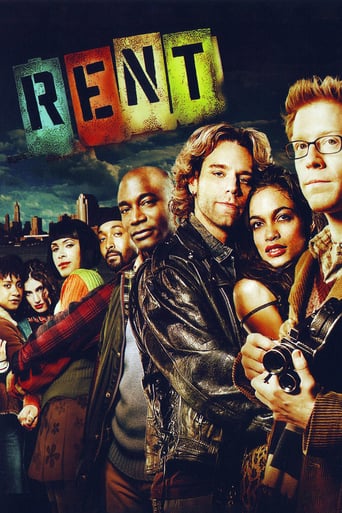
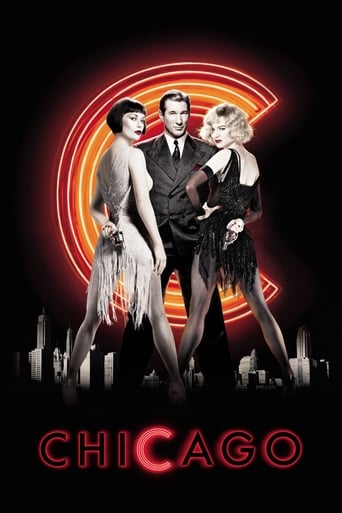

Reviews
Absolutely Fantastic
There's a good chance the film will make you laugh out loud, but if it doesn't, there's an even better chance it will make you openly sob.
It is interesting even when nothing much happens, which is for most of its 3-hour running time. Read full review
An old-fashioned movie made with new-fashioned finesse.
The short but interesting movie star career of boy soprano Bobby Breen had its debut in Let's Sing Again. In this film young Breen set the pattern of his film career as the little curly haired kid with the big soprano voice, a kind of male Shirley Temple. Later on he branched out and became a kind of male Deanna Durbin.Producer Sol Lesser discovered him and was so high on him that he formed his own production company which had RKO release his films. Hopefully Breen got to see some of the money he made in adulthood. Bobby was also a regular on the Eddie Cantor Show on radio as Lesser brought Breen to Cantor and Cantor claimed discovery. It all worked out well for a few years for all concerned.In Let's Sing Again Bobby is the son of singer George Houston and Ann Doran who separated in Naples and Doran returned to America. But she died and Bobby was placed in an orphanage. He runs away when a traveling carnival comes to town and is taken in by Henry Armetta who used to be an opera singer himself. Bobby has certainly inherited his father's voice as everyone discovers. The villain of the piece is trapeze star Grant Withers who arranges an 'adoption' so he can sponge off the young man's tonsils.As would be the case in most of Breen's films, Bobby gets a nice array of songs, some opera, some popular, some Italian folk songs. Until he reached puberty Breen had a great career, after that he had a Peter Brady moment and it was never the same. Let's Sing Again is still a nice family film and as good an introduction now as back in the mid Thirties to Bobby Breen and his brief career of film stardom.
If the sugar in your diet doesn't attack your teeth, this overly sappy musical melodrama will. Young Bobby Breen plays an orphan whose mother died after taking him away from his opera singing father in Italy. Years later, Breen runs away from his orphanage to hang out with carnival performer Henry Armetta and finds himself being pursued by two trapeze artists (who could really care less about him) while his real father searches for him, not realizing that his wife is dead.Unlike Shirley Temple who was cute yet real, Breen seems like a fantasy child made up in somebody's fairy tales. If someone can kill with kindness, this child would be the first suspect. There are some good operatic moments as well as scattered bits of comedy, but Breen's voice is as grating as any child performer whose stage mother throws them into your face at a local talent show. The ending had my eyes rolling so far back I had to turn with my back to the television so I could see the last minutes of the film.
Bobby Breen was a very odd child actor and he's pretty much forgotten today. I say odd because he had an amazing voice as well as a great screen presence for such a young boy. You just have to listen to him in this or any one of about a dozen films he made to know what I mean. Hearing such a refined but rather feminine voice coming out of him is a bit surreal. And he also seemed to play about the nicest kid you could imagine. I have seen him in about a half dozen of his films--now all in the public domain, as no one seemed to care enough to extend the copyright on his films."Let's Sing Again" is probably the best of the films I've seen him in, though like the rest, it's something that probably would not play too well today. Audiences of the 1930s seemed willing to accept operatic movies and loved Jeanette MacDonald and Nelson Eddy. They also adored Shirley Temple. In Breen's films, the film makers seemed to want to combine both these loves into one child star. However, after a few films, Breen quit films to concentrate on a singing career.The film begins with a prologue. An up and coming opera star is struggling to make a name for himself as he cares for his wife and baby. However, the wife is bored and disappears with the boy. Several years pass and now the boy is in an orphanage. The mother has died and no one knows that the father not only wants his son but is now world-famous.One day, the orphans are visiting a local traveling show. There, Breen meets up with Henry Armetta--who plays pretty much his usual lovable Italian character. However, this time there is a twist--Armetta has lost his great singing voice and now does comedy musical numbers. When he and Breen become pals, he realizes the boy has great talent and promotes the kid. Their friendship is pretty sweet. At the same time, there is a woefully under-developed and bizarre plot involving a jerk in the same musical company that wants to adopt Breen just so he can exploit him. Will the father find his long-lost son? Will Armetta go to jail for harboring a runaway? Will the jerk take the boy? Tune in and see, though of course it's all pretty easy to predict. However, despite being predictable and having too much music that most audiences won't like very much in the first place, the film still gets a 5. That's because it's well-written and constructed as well as quite pleasant in a very non-demanding sort of way. A definite oddity, but enjoyable.
There are no pretensions toward cinematic greatness in evidence from the producers of this first of eight black and white RKO musicals that showcase the arresting eight year old boy soprano Bobby Breen, yet reception accorded it by an entertainment starved public that was grappling with the Great Depression was so laudatory that the succeeding seven works tended to concentrate more upon Breen rather than upon other cast members. Born in the Canadian province of Quebec, Bobby was fortunate in having his sister Sally recognize his innate talent, becoming his voice coach, and despite being somewhat isolated from most United States audiences, he began performing while only at the age of three years in a Toronto night club, committed to weekly appearances there for nearly two years as he burnished his coloratura, afterwards junketing, as a five year old show business veteran, south to Chicago, New York, and on to fame as a regular before live audiences upon Eddie Cantor's highly popular weekly radio program. In this film that initiated the series, Leon (George Houston) and Alice (Ann Doran) Alba are residing in Naples, Italy, in 1928, but Alice has wearied of their austere existence that is owed to her baritone husband's faltering operatic career, and she leaves him, taking along their infant son, returning to her native United States, where viewers will find the boy (Breen) eight years after, living in a Mapleton, Connecticut, orphanage since his mother has died and no one knows of his father's whereabouts. Two years after the youngster is placed at the orphanage, a circus, Carter's Travelling Theatre, visits Mapleton, and the lad, now called Billy Gordon, manages to escape in order to attend the troupe's performance, subsequently running with the Carter company, being looked after by a comedic performer, Joseph Pasquale (Henry Armetta), a once renowned operatic tenor who, although vocally washed up, instructs the runaway in the fine points of vocal technique to augment Billy's inherent skills. A married pair of Carter acrobats, Jim (Grant Withers) and Marge (Inez Courtney) Wilkins attempts to appropriate Billy's gift of song by legally adopting him. This expectedly creates a conflict with Pasquale and, to make the affair even more complicated, Billy's father Leon, now a widely recognized soloist touring throughout the United States, seeks assistance from "The Missing Persons Bureau" as he attempts to locate his long-lost son. Heavy cutting gives the work a quality of narrative compression resulting in a film having few memorable scenes or performances, although Houston and Breen effectively employ their material, the latter with renditions of Verdi's La donna è mobile from Rigoletto, the traditional Santa Lucia, and the title number, penned by Jimmy McHugh and Gus Kahn, while father and son separately and nicely sing a lullaby composed for the film by Hugo Riesenfeld. Direction is uneven and continuity at times glaringly substandard, but there is some sparse footage of routine circus activity that is realistically depicted. Withers gains the acting laurels here as a conniving acrobat. Digitally restored and reissued by Critics' Choice, LET'S SING AGAIN is coupled with RAINBOW ON THE RIVER, the second (and better) Breen film for a DVD version that unfortunately reverses the synopses of the two productions that are printed upon the DVD case.
